Togo considers joining Sahel State Alliance with Burkina Faso, Mali & Niger
In recent developments, Togo has expressed interest in joining the Sahel State Alliance, a political and military coalition that already includes Burkina Faso, Mali, and Niger. This emerging alliance is a critical response to the escalating security challenges facing the Sahel region, particularly as violent extremism and terrorism have continued to destabilize countries across West and Central Africa. By considering membership in this powerful coalition, Togo is positioning itself strategically in the fight against insurgent groups and the broader geopolitical shifts in Africa.
The Sahel State Alliance: A Brief Overview
The Sahel region, a vast semi-arid belt that stretches across Africa from the Atlantic Ocean to the Red Sea, has long been plagued by political instability, poverty, and extremism. In recent years, the situation has worsened, with various militant groups gaining ground and challenging state sovereignty. To counter these threats, Burkina Faso, Mali, and Niger formed the Sahel State Alliance, a collaborative effort aimed at fostering regional security and promoting economic development.
The alliance’s primary goal is to create a unified front against insurgencies that have destabilized the region. The group shares intelligence, conducts joint military operations, and engages in political dialogue to enhance cooperation in the face of growing threats from groups such as Al-Qaeda in the Islamic Maghreb (AQIM) and the Islamic State in the Greater Sahara (ISGS). Their efforts are also bolstered by international partners, including France, the United States, and the United Nations, who provide support in the form of training, resources, and peacekeeping missions.
Why Togo Is Considering Joining the Alliance
Togo’s consideration of joining the Sahel State Alliance comes amid increasing security concerns in the region. Despite being geographically located outside the core of the Sahel, Togo has experienced its own share of challenges related to security and terrorism. The country shares borders with Burkina Faso, Ghana, and Benin, and while Togo has not been the epicenter of violence, there have been increasing reports of terrorist groups operating near its borders.
The government of Togo, led by President Faure Gnassingbé, is keen on reinforcing its security infrastructure and preventing any potential spillover from the violent extremism that has affected its neighbors. By joining the Sahel State Alliance, Togo could benefit from the military and intelligence-sharing networks that have proven effective in combating insurgencies in neighboring countries. Additionally, Togo seeks to strengthen regional cooperation and ensure its own stability in the face of rising threats.
Togo’s interest in the alliance is also tied to broader geopolitical considerations. The West African region is at the crossroads of significant international intervention and diplomatic shifts, particularly as French military presence in the region has faced increasing scrutiny and local resistance. Togo’s membership in the Sahel State Alliance could give it a stronger voice in regional matters and help it assert its role in the fight against terrorism and insecurity.
The Role of Togo in the Sahel State Alliance
While Togo has not yet officially joined the Sahel State Alliance, its potential membership holds strategic importance for both the country and the coalition itself. Togo could contribute significantly to the alliance’s objectives, given its relatively stable political environment and the experience of its armed forces. The Togolese military has a history of participating in peacekeeping missions and international security initiatives, which could be valuable in supporting regional security efforts.
Togo’s involvement could also help foster greater collaboration between West and Central African nations. With its position on the Gulf of Guinea, Togo could offer vital logistical support, such as transportation routes for troop movements and the provision of humanitarian aid to affected regions. Moreover, Togo’s participation could boost the overall legitimacy of the Sahel State Alliance, presenting the coalition as a more inclusive and diverse partnership for security and development in the region.
Furthermore, Togo’s addition to the Sahel State Alliance could help counter the rising influence of other external actors in the region. As countries like China, Russia, and the United States vie for influence in Africa, Togo’s alignment with the Sahel State Alliance could be seen as a step toward regional unity in the face of external pressures. This could strengthen the alliance’s position in diplomatic negotiations and help ensure that African countries have a more prominent role in shaping the future of the Sahel.
Challenges and Controversies Surrounding Togo’s Potential Membership
While the potential benefits of joining the Sahel State Alliance are clear, there are also significant challenges and potential controversies that Togo would need to address. One major concern is the issue of governance and human rights within the countries already involved in the alliance, particularly Mali, Burkina Faso, and Niger. These countries have experienced military coups and ongoing political turmoil, which raises questions about the long-term stability and effectiveness of the alliance.
The situation in Mali, for example, has been particularly contentious, with the military junta coming to power in 2021 and driving a wedge between the country and its former colonial power, France. Togo would need to navigate the delicate balance between supporting its regional allies and ensuring that it does not become entangled in the internal political crises of its neighbors. Togo’s government would also need to manage public opinion at home, as some citizens may have reservations about joining a military coalition that includes countries with unstable governments.
Additionally, while the Sahel State Alliance has made strides in countering terrorism and insurgency, it has also faced criticism for its handling of human rights issues and civilian casualties during joint military operations. Togo would need to ensure that its involvement in the alliance does not compromise its own commitment to human rights and the protection of civilians in conflict zones.
In Conclusion
As Togo considers joining the Sahel State Alliance, it is clear that the country is positioning itself to play a more active role in the regional fight against terrorism and instability. The potential membership offers numerous advantages, from enhanced security cooperation to stronger political influence within the region. However, Togo must carefully weigh the risks and challenges associated with aligning itself with an alliance that includes politically volatile countries.
Ultimately, Togo’s decision to join the Sahel State Alliance will be a defining moment in its foreign policy and security strategy. By making a commitment to regional cooperation, Togo can help shape the future of the Sahel and contribute to broader efforts to stabilize West and Central Africa. As the situation in the region continues to evolve, Togo’s leadership will be crucial in fostering peace and security across the Sahel.
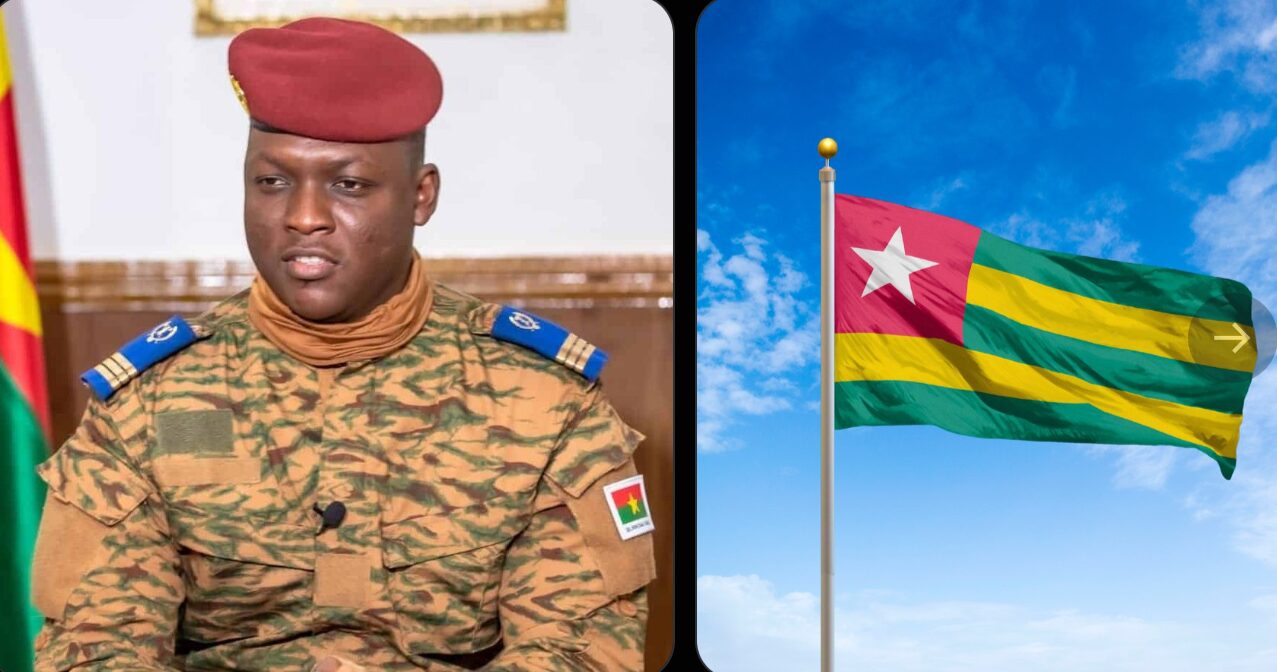
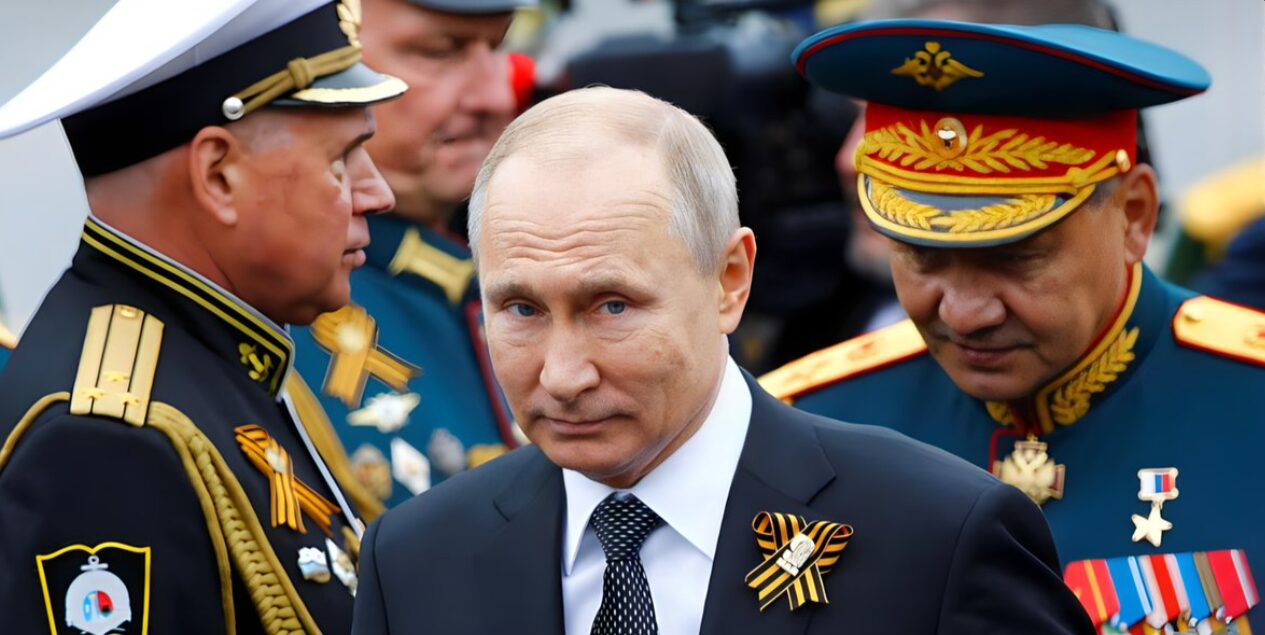
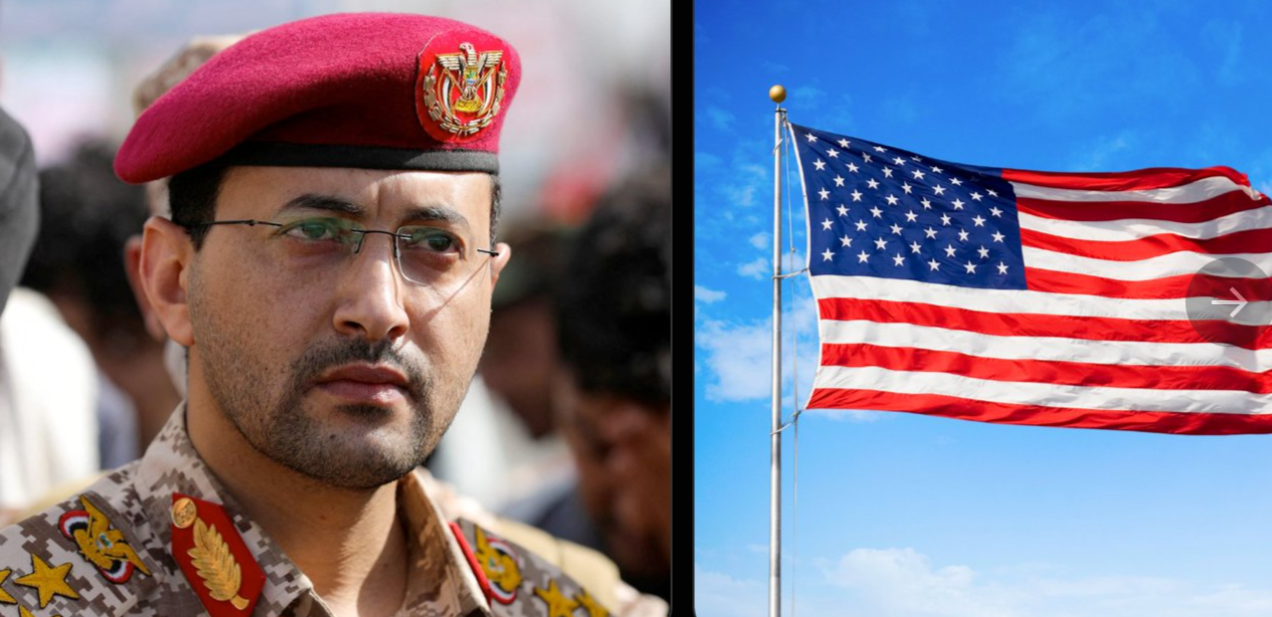

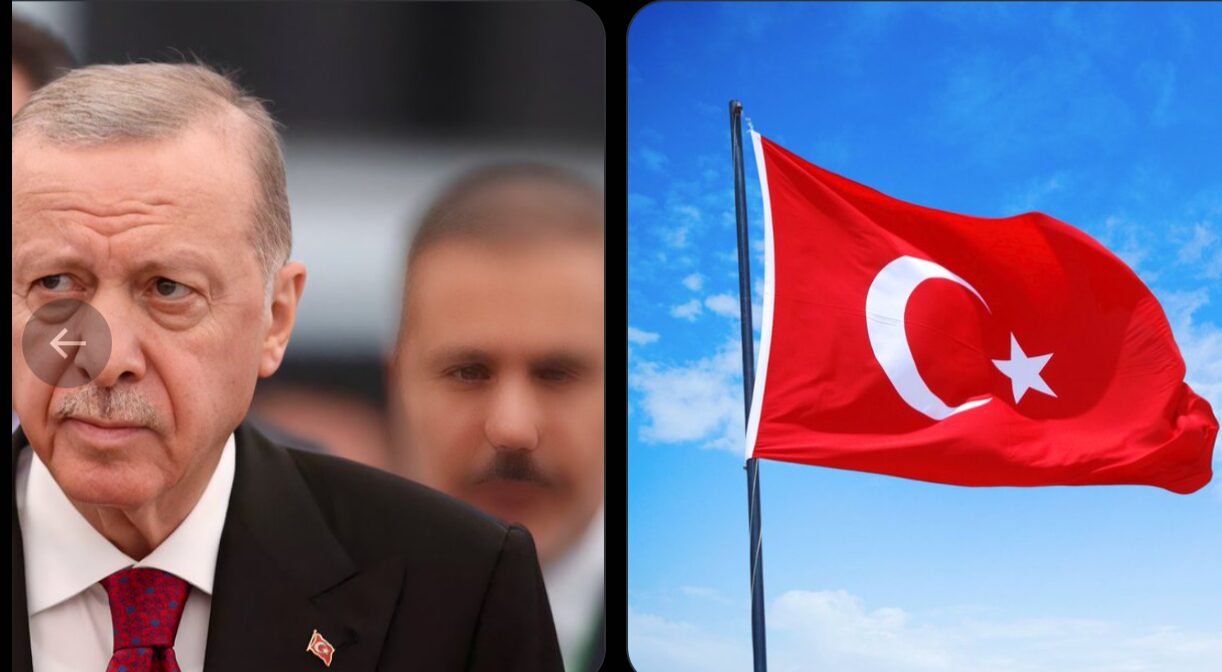
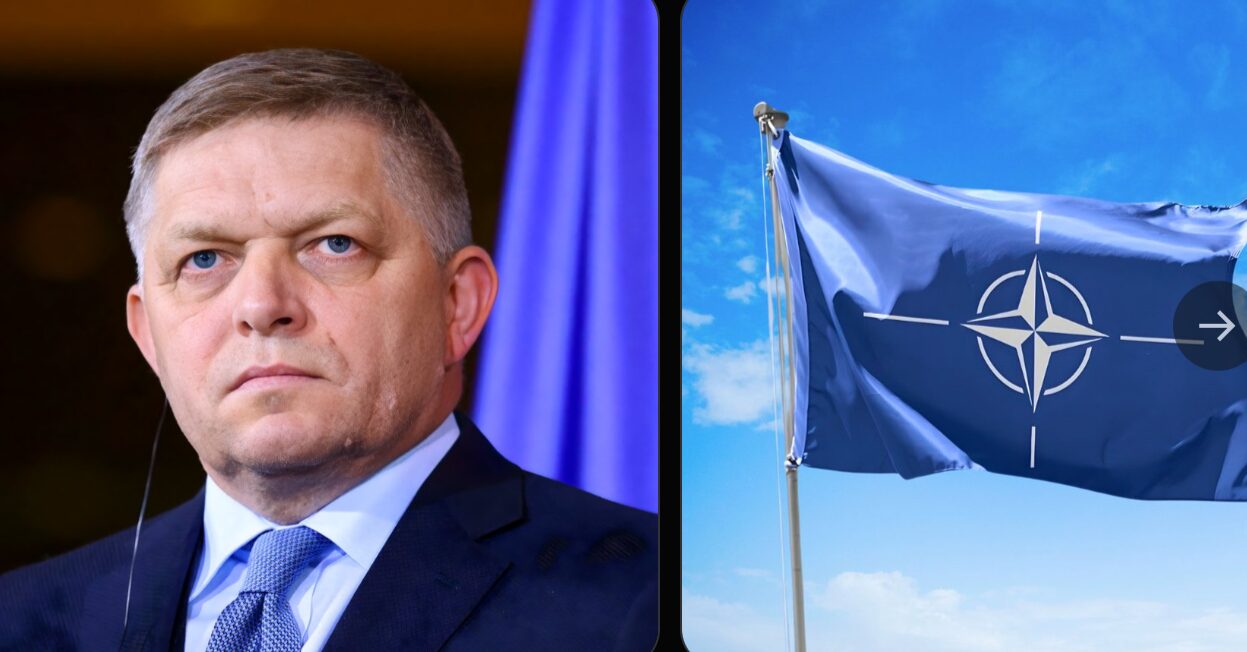











Post Comment